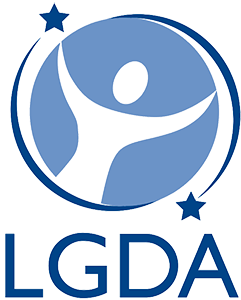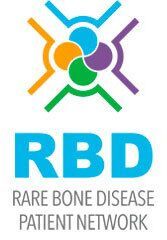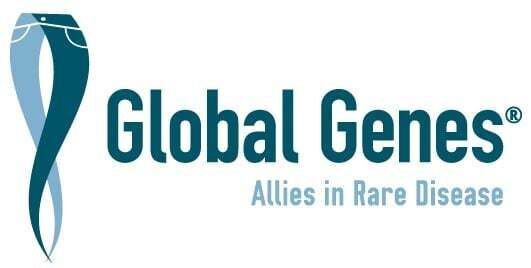
Like many 10-year-olds, Ruby Cohen balances a passion for Taylor Swift with a busy schedule filled with drawing, performing in musicals, and running her own small business selling colorful macarons. Unlike her peers, however, Ruby dedicates much of her earnings to support Camp Watchme, a summer camp for children with lymphedema, a condition she personally battles.
Ruby was diagnosed with lymphedema, a chronic condition characterized by abnormal accumulation of lymph fluid in the tissues, which causes swelling primarily in the limbs. In Ruby's case, it affects her left leg, requiring daily use of custom-colored compression garments and multi-layer bandaging at night. Her father, Jared Cohen, M.D., a fellow in oncology at Washington University School of Medicine, explains that while the treatment is rigorous, they are fortunate it's limited to one limb.
The path to understanding and managing Ruby's condition led her family to the National Institutes of Health (NIH) where they connected with Dr. Sarah Sheppard, a clinical investigator specializing in vascular malformations at NICHD’s Unit on Vascular Malformations. Dr. Sheppard’s lab is dedicated to uncovering the genetic underpinnings of these conditions and developing targeted therapies.
Dr. Sheppard's research has made significant strides, particularly in understanding the genetic causes of conditions like the central conducting lymphatic anomaly (CCLA), which Ruby has. Her team's work at the Sheppard Lab, in collaboration with the Children's Hospital of Philadelphia (CHOP), has used advanced genetic sequencing to improve diagnosis and tailor treatments more effectively. One of their promising approaches involves using MEK inhibitors, a type of medication typically used in cancer therapy, to treat vascular malformations.
The research not only offers hope for new treatments but also provides critical support for families navigating these rare conditions. Recognizing the emotional and informational gaps that parents face, Dr. Sheppard has also helped develop a prenatal support guide in six languages, aimed at easing the journey for parents dealing with rare disease diagnoses.
Dr. Bryan Sisk, another key figure in Ruby's care team, emphasizes the importance of accessible information and support networks to improve education and care coordination for patients with vascular anomalies. He is currently working on creating a web-based collaborative network to enhance the sharing of expertise among clinicians treating vascular conditions.
Despite the challenges, Ruby remains a beacon of resilience and generosity. Her commitment to helping others like her through her business profits reflects a maturity beyond her years. This year, though she won't be attending Camp Watchme, Ruby has another exciting adventure ahead—her parents have surprised her with tickets to see her favorite artist, Taylor Swift, live on tour.
Ruby's story is not just about managing a rare condition; it's about thriving in spite of it and contributing to a community that extends far beyond her immediate surroundings. It’s a narrative of personal strength, groundbreaking research, and the collective effort to transform the lives of those living with rare diseases.
Read the entire story from the NIH website - Eunice Kennedy Shriver National Institute of Child Health and Human Development






